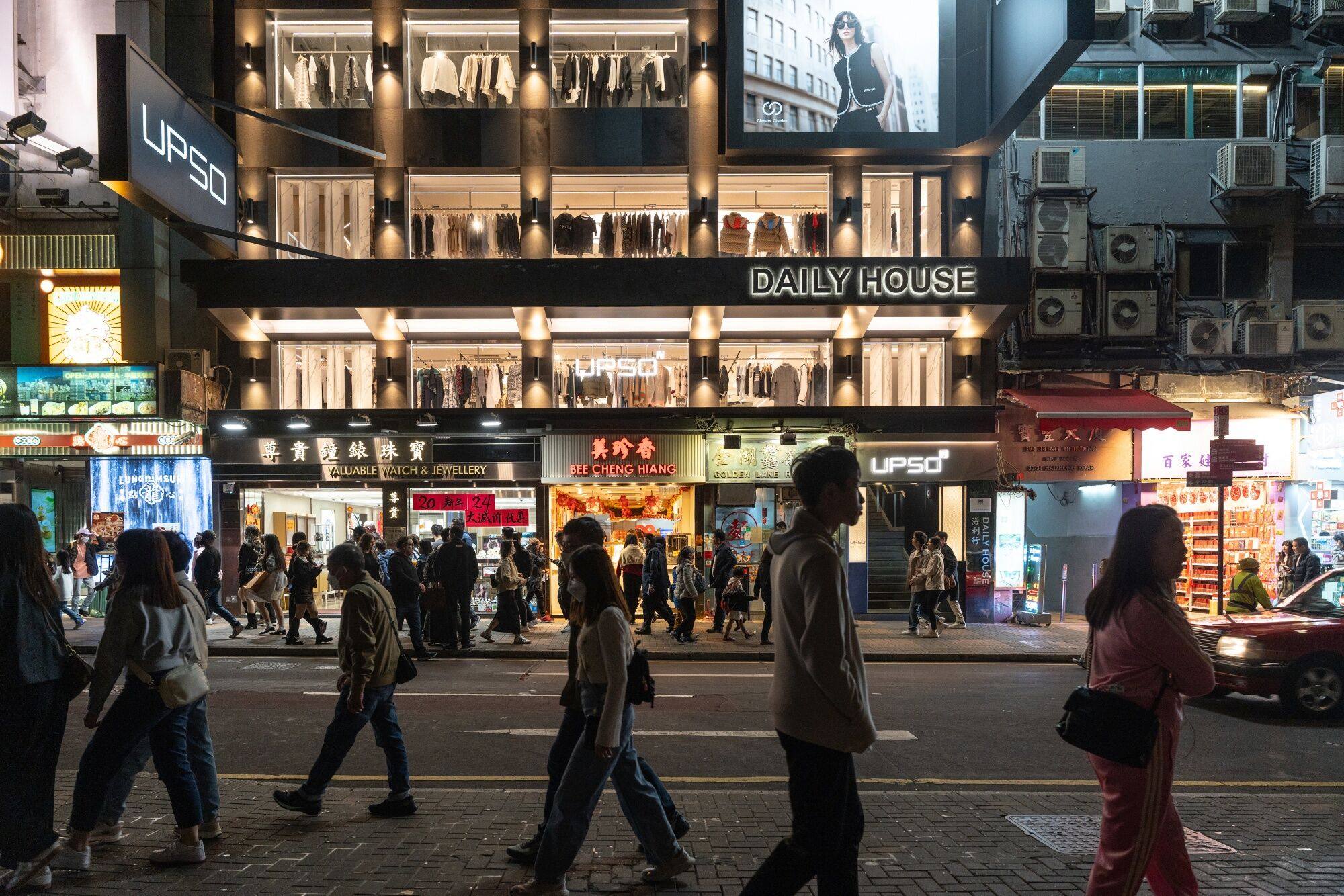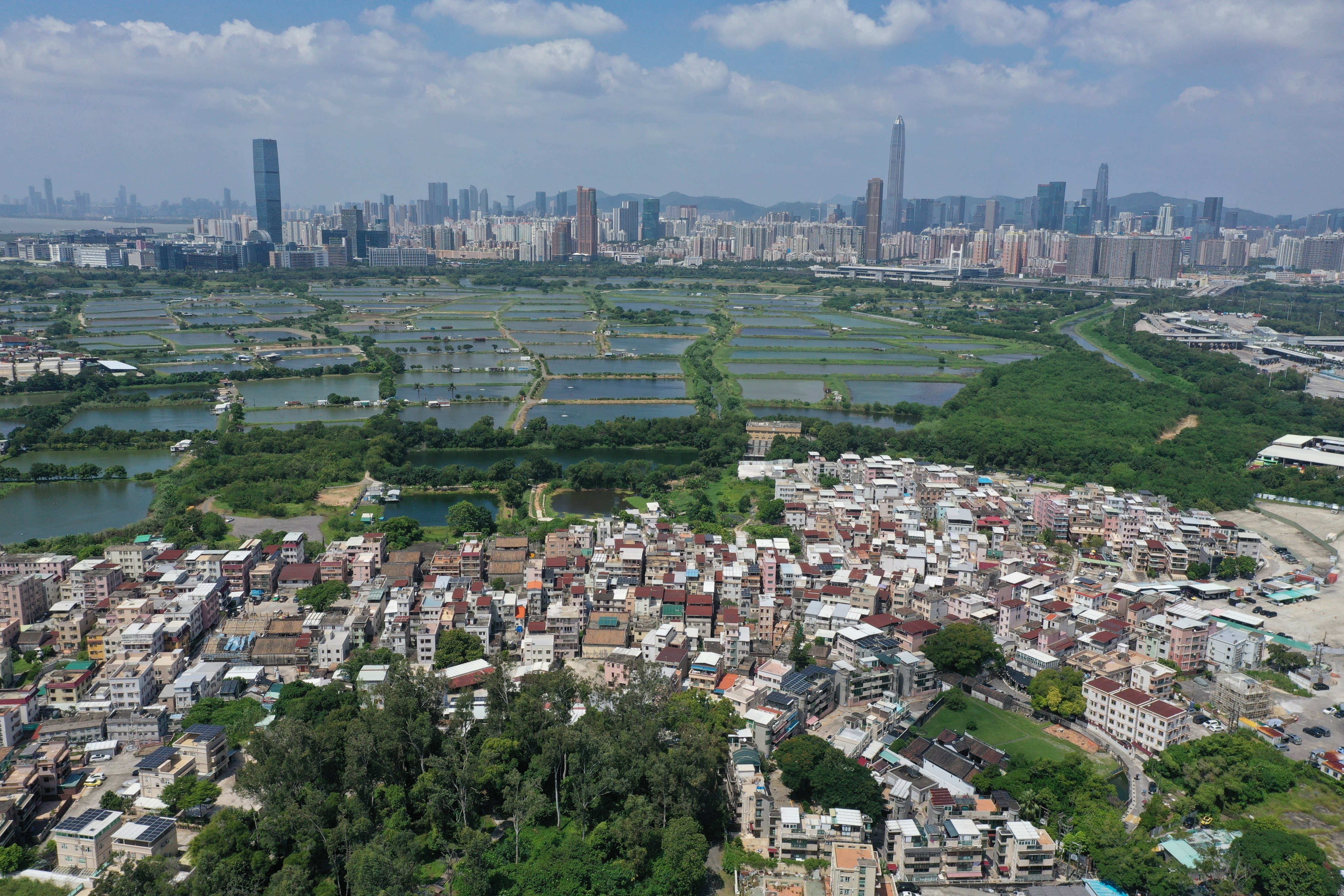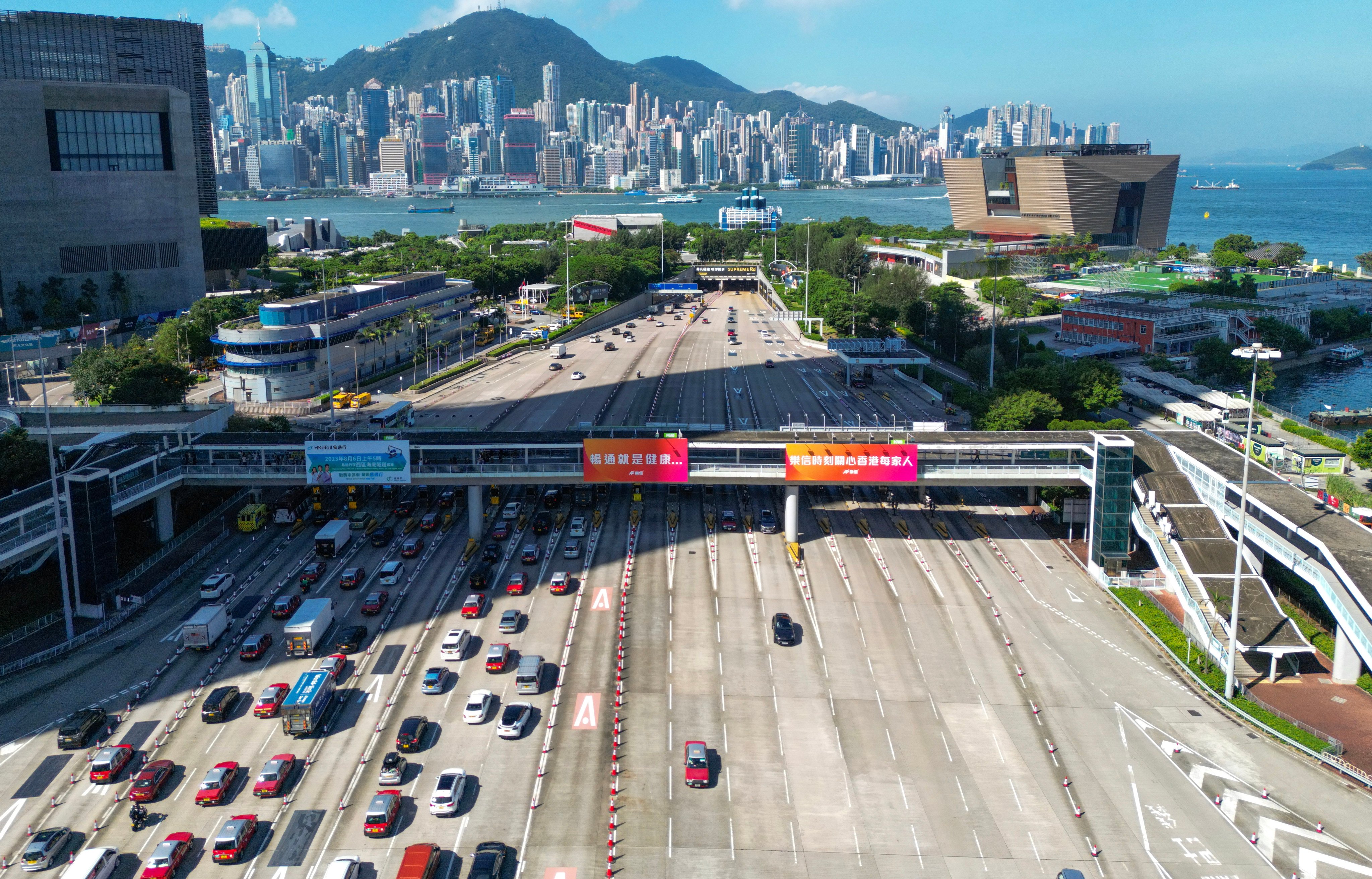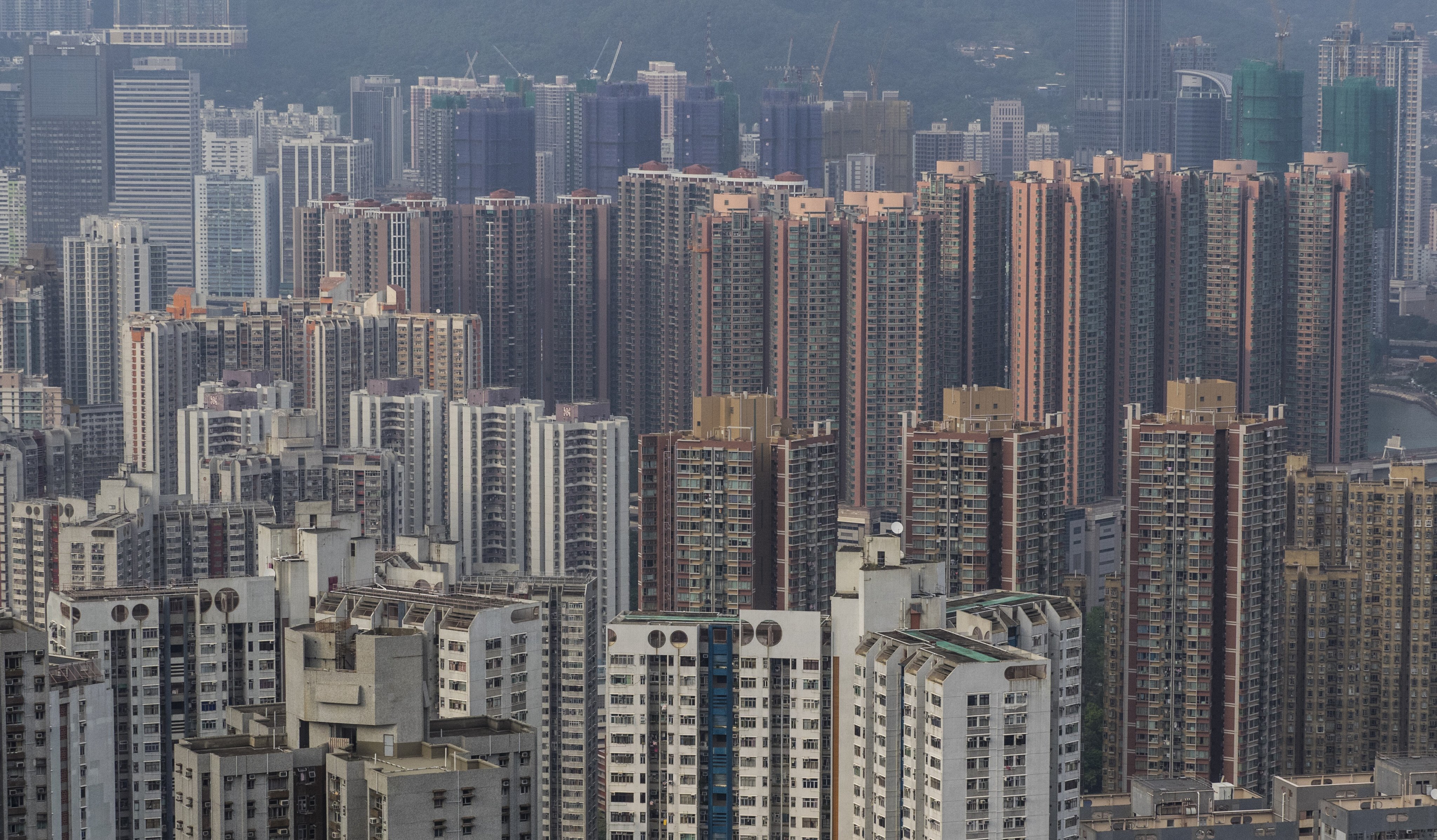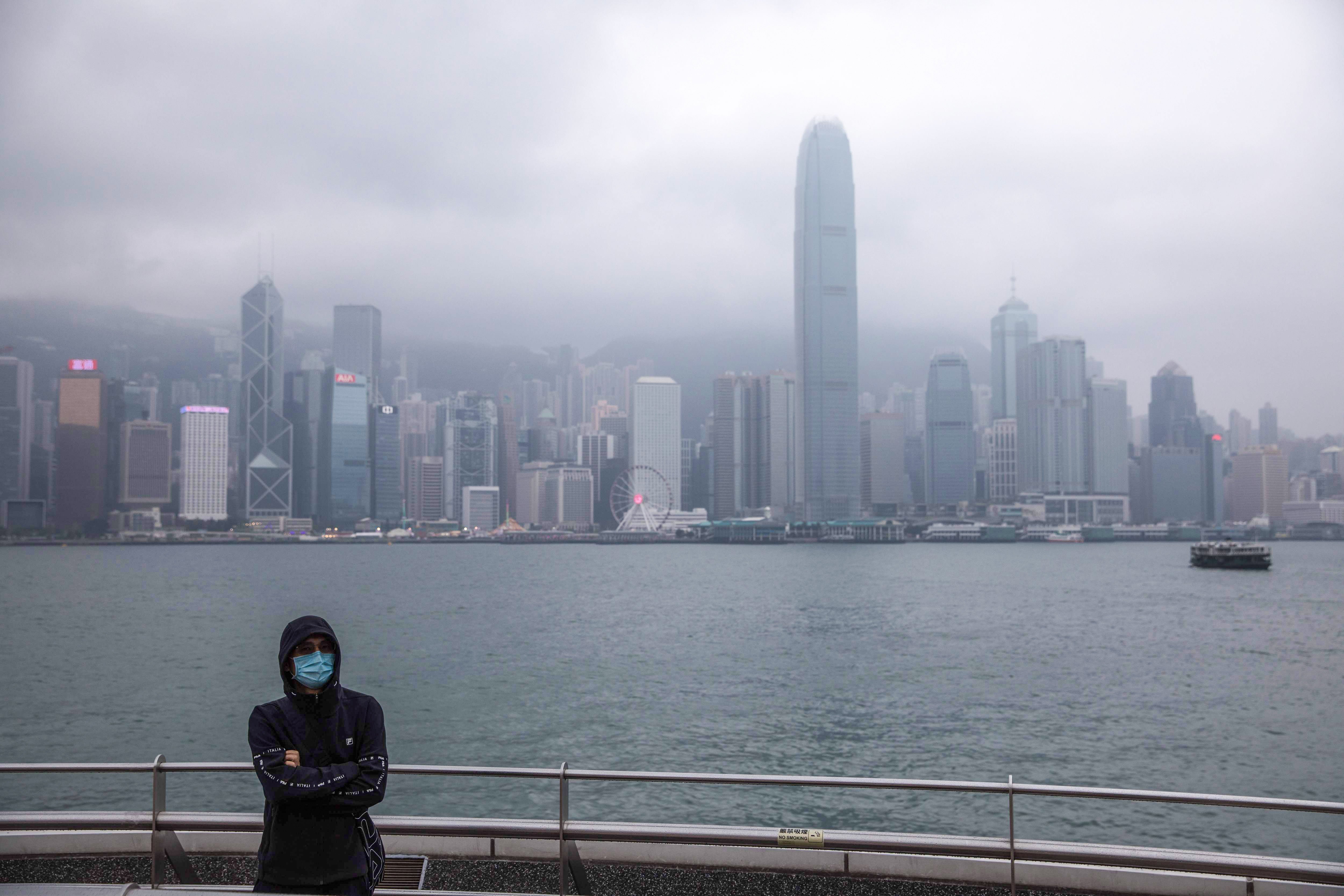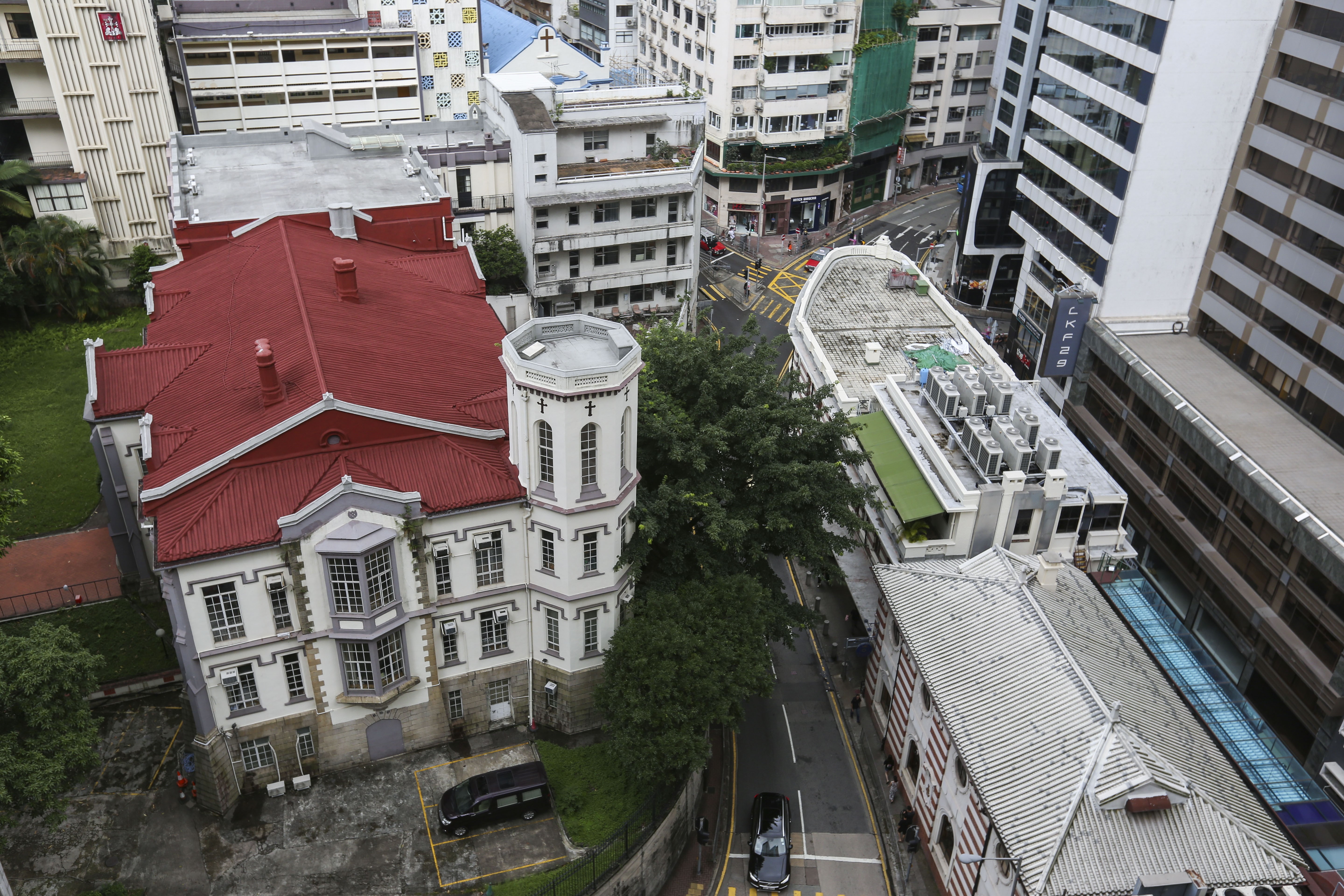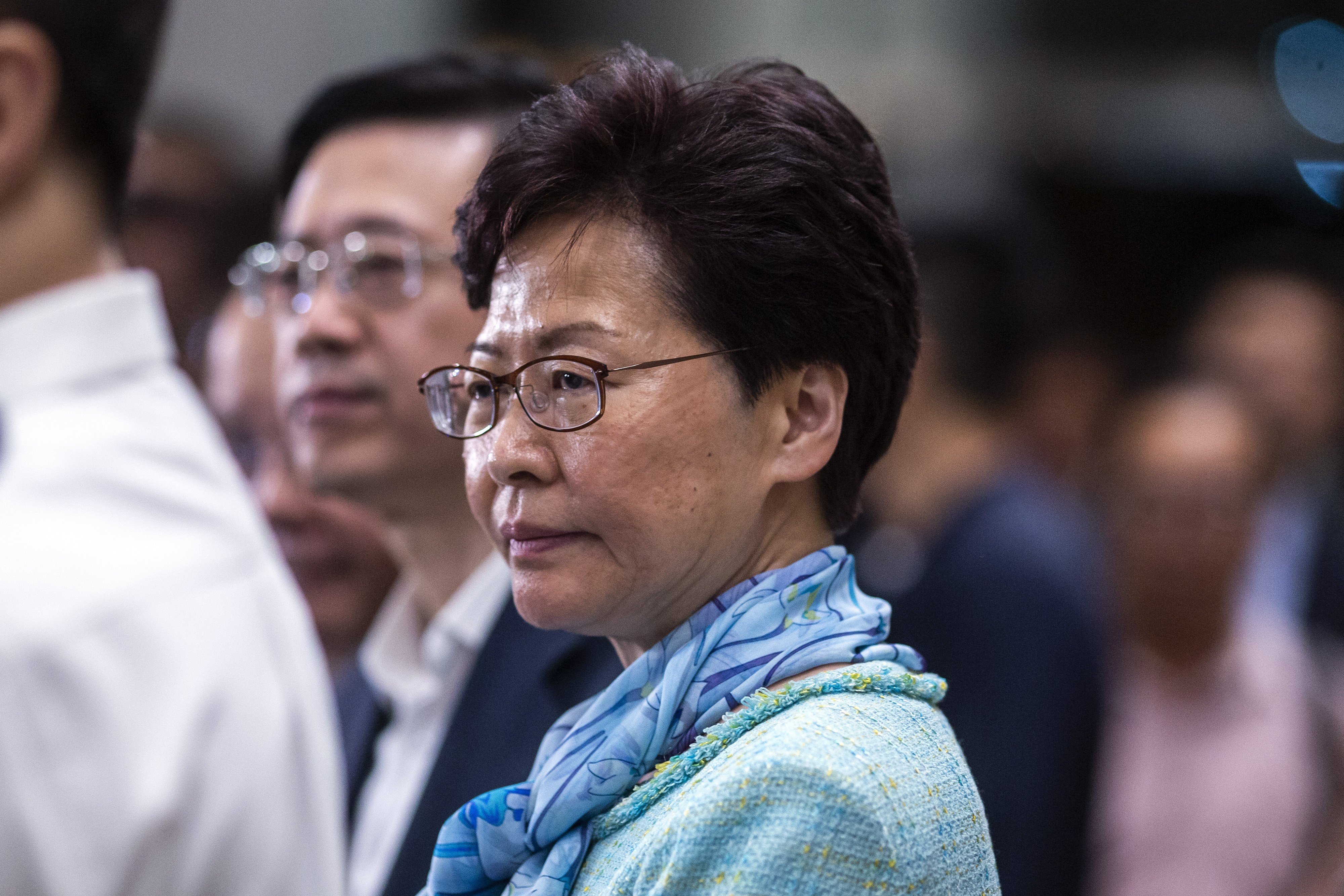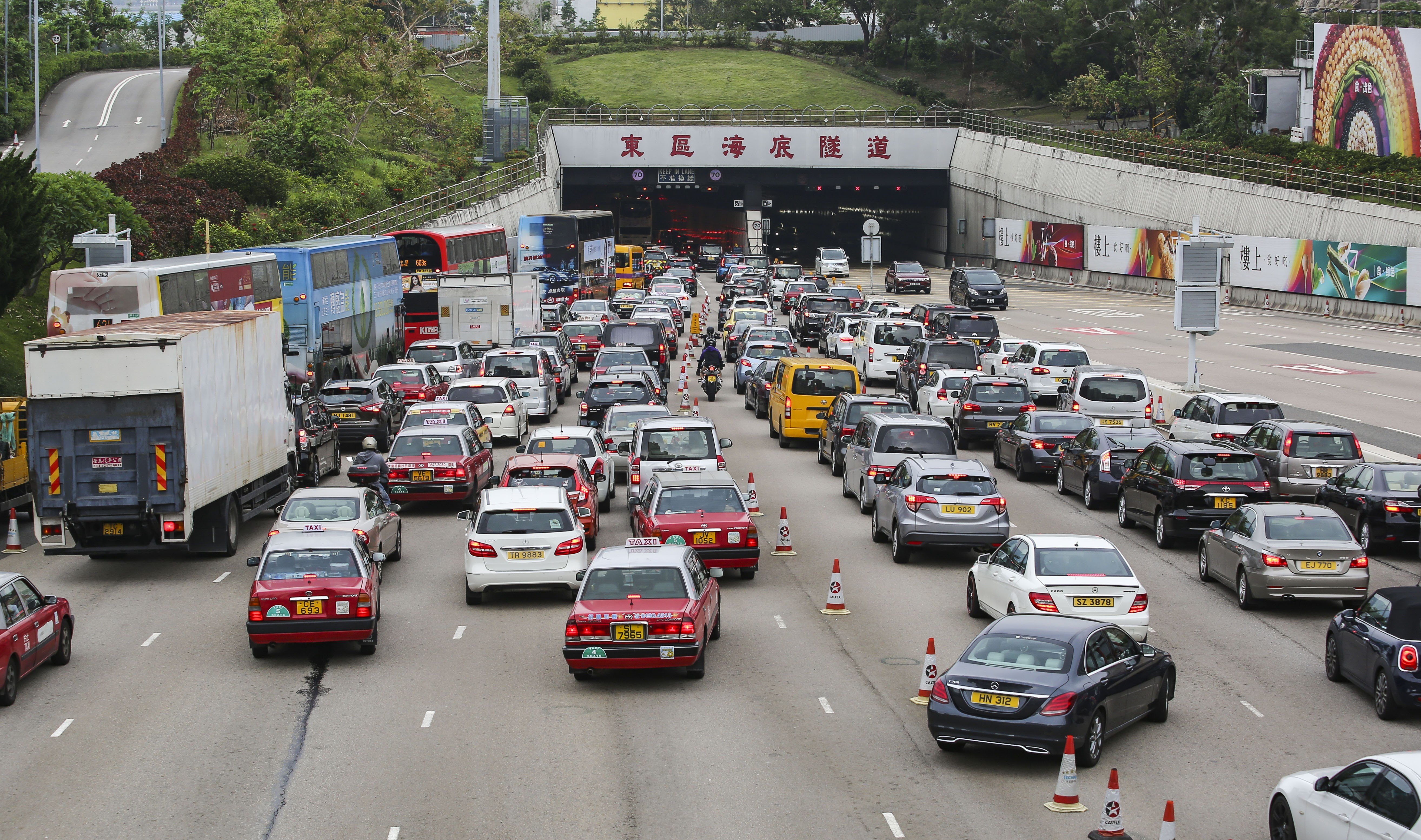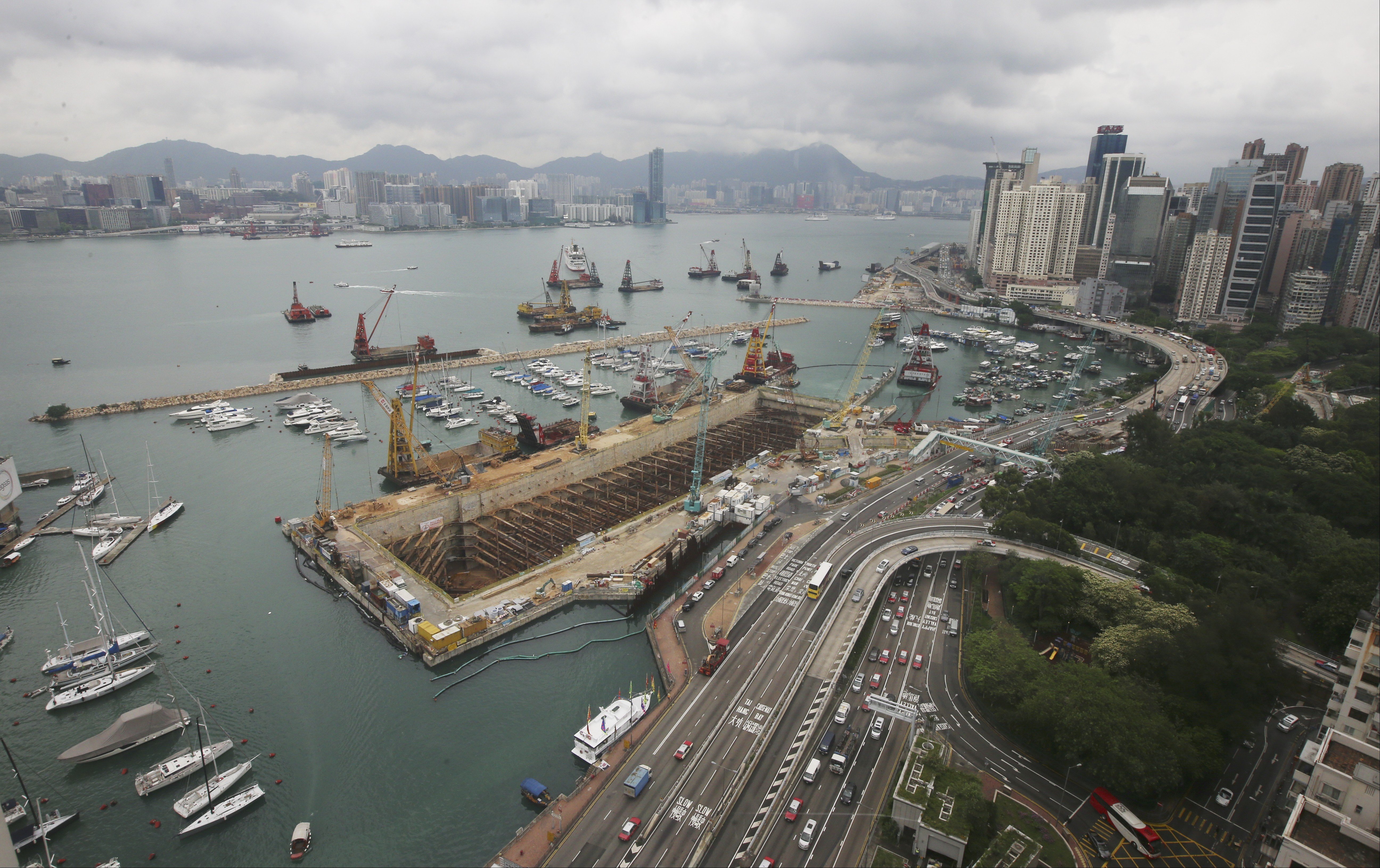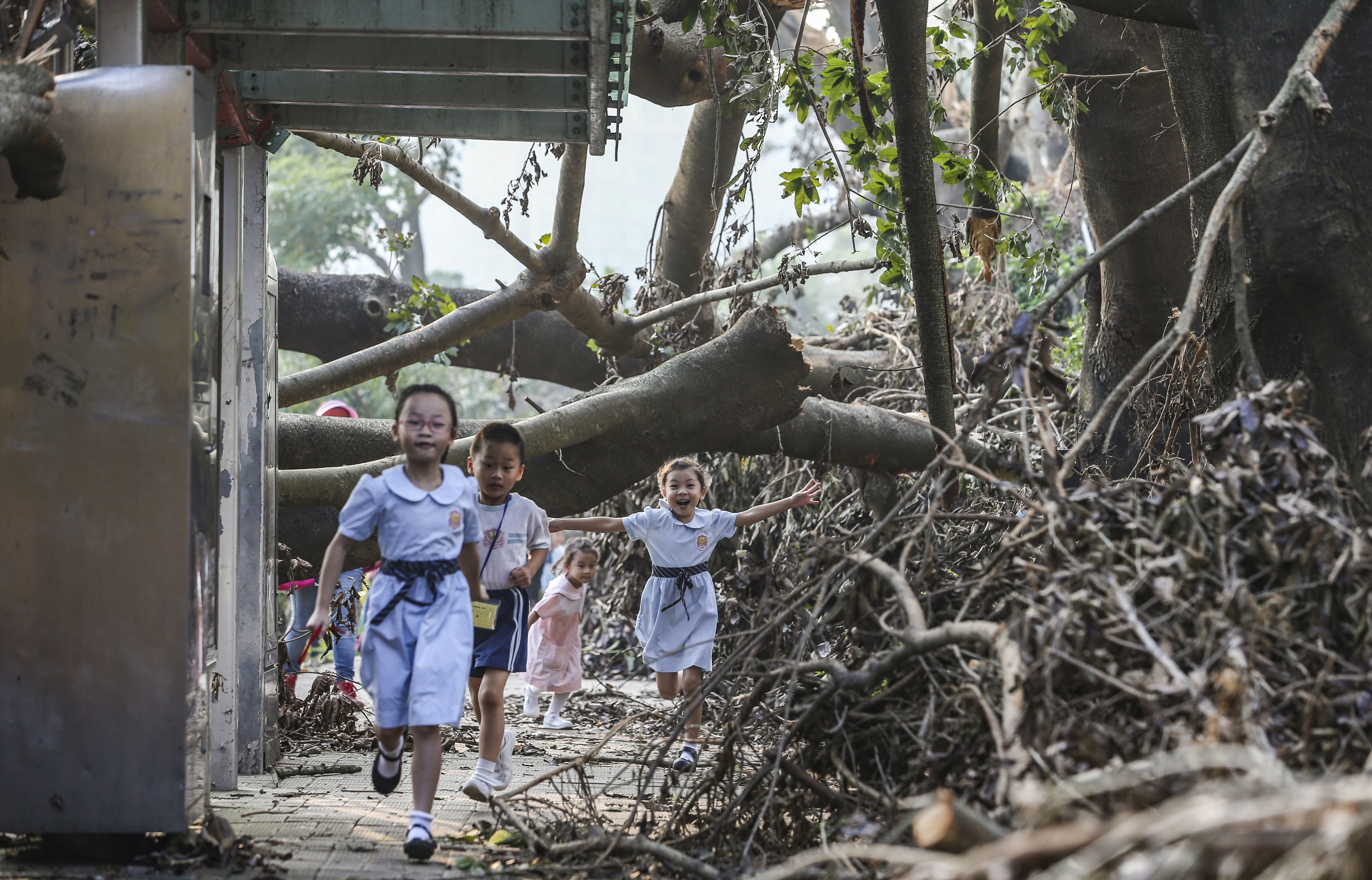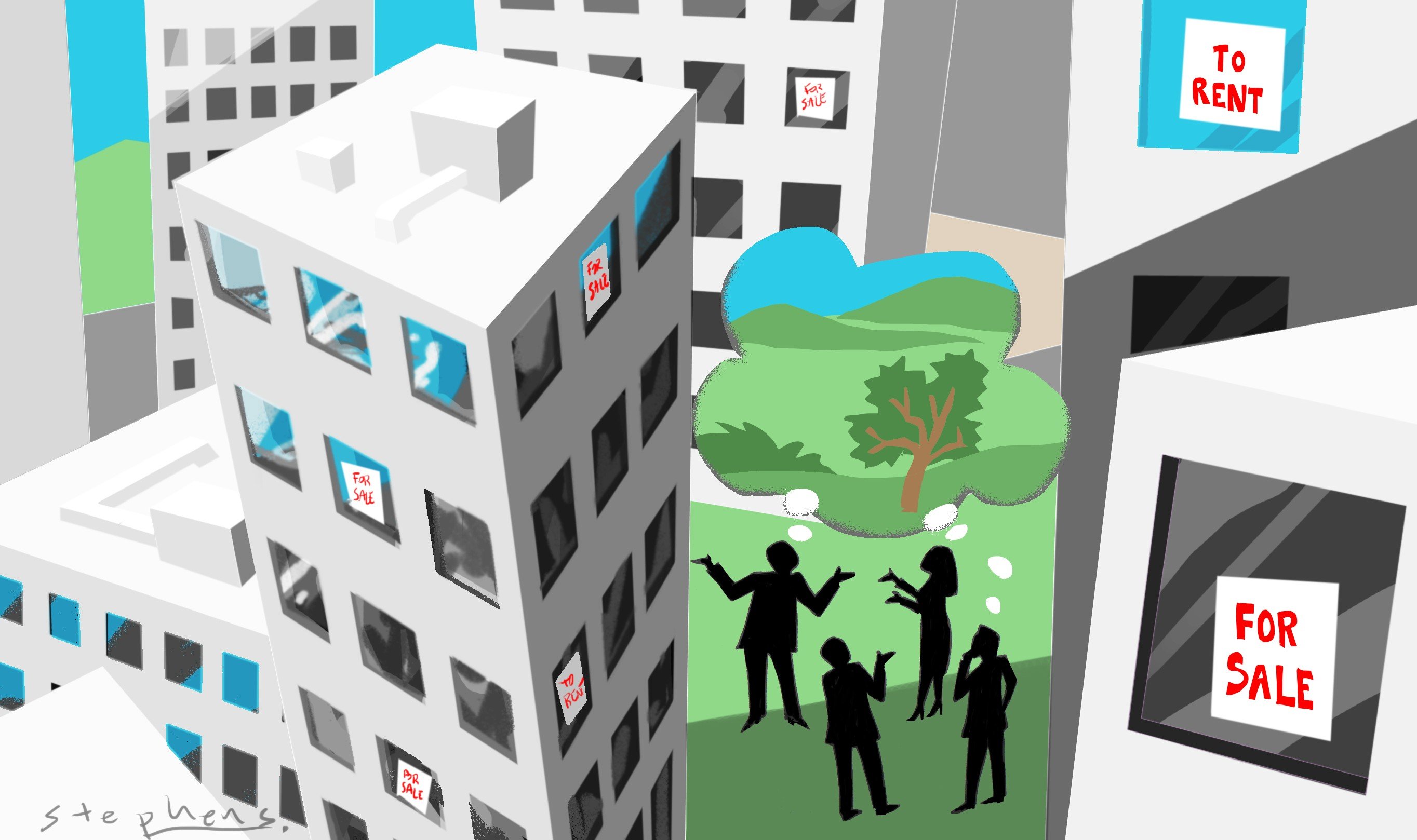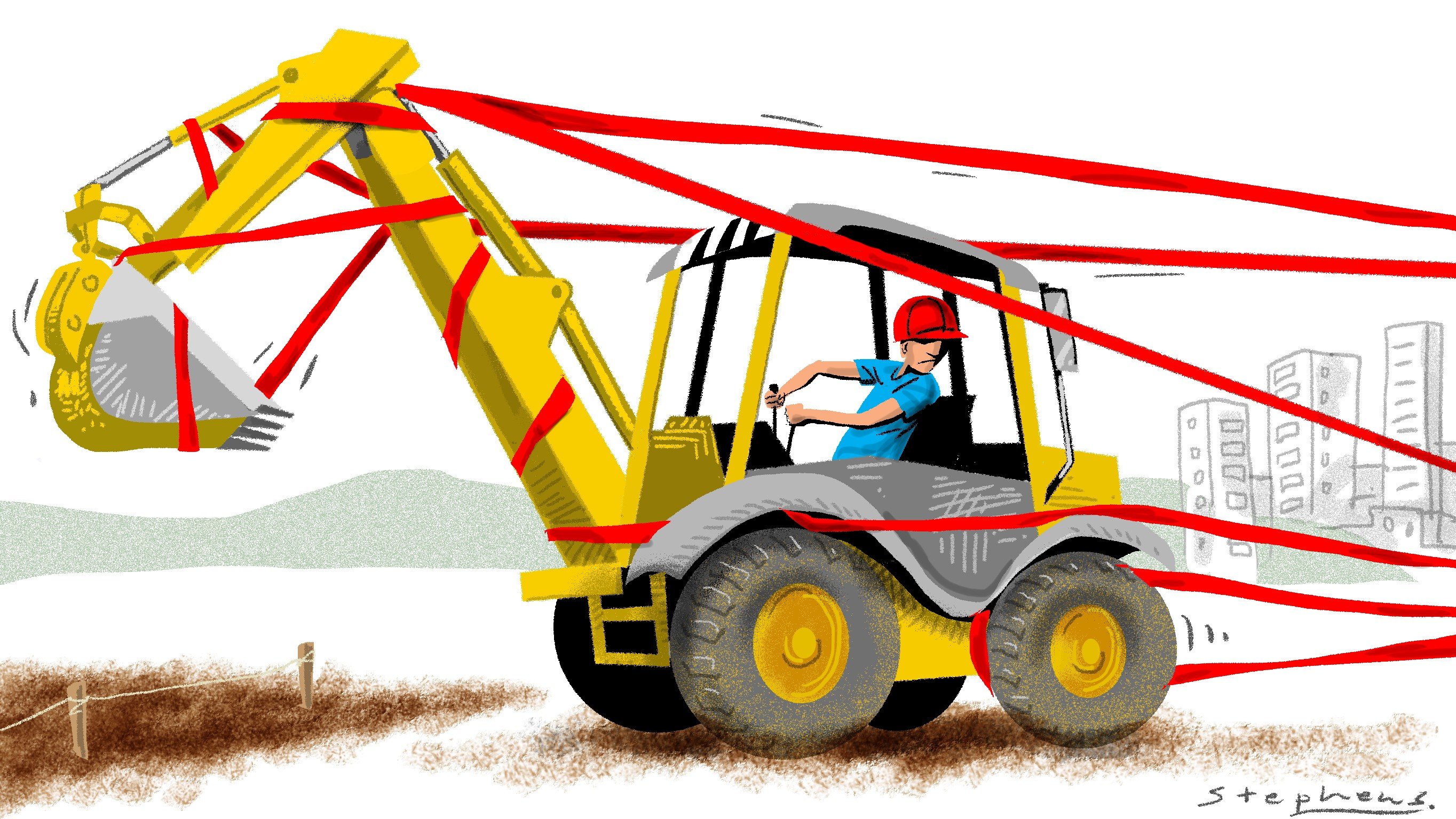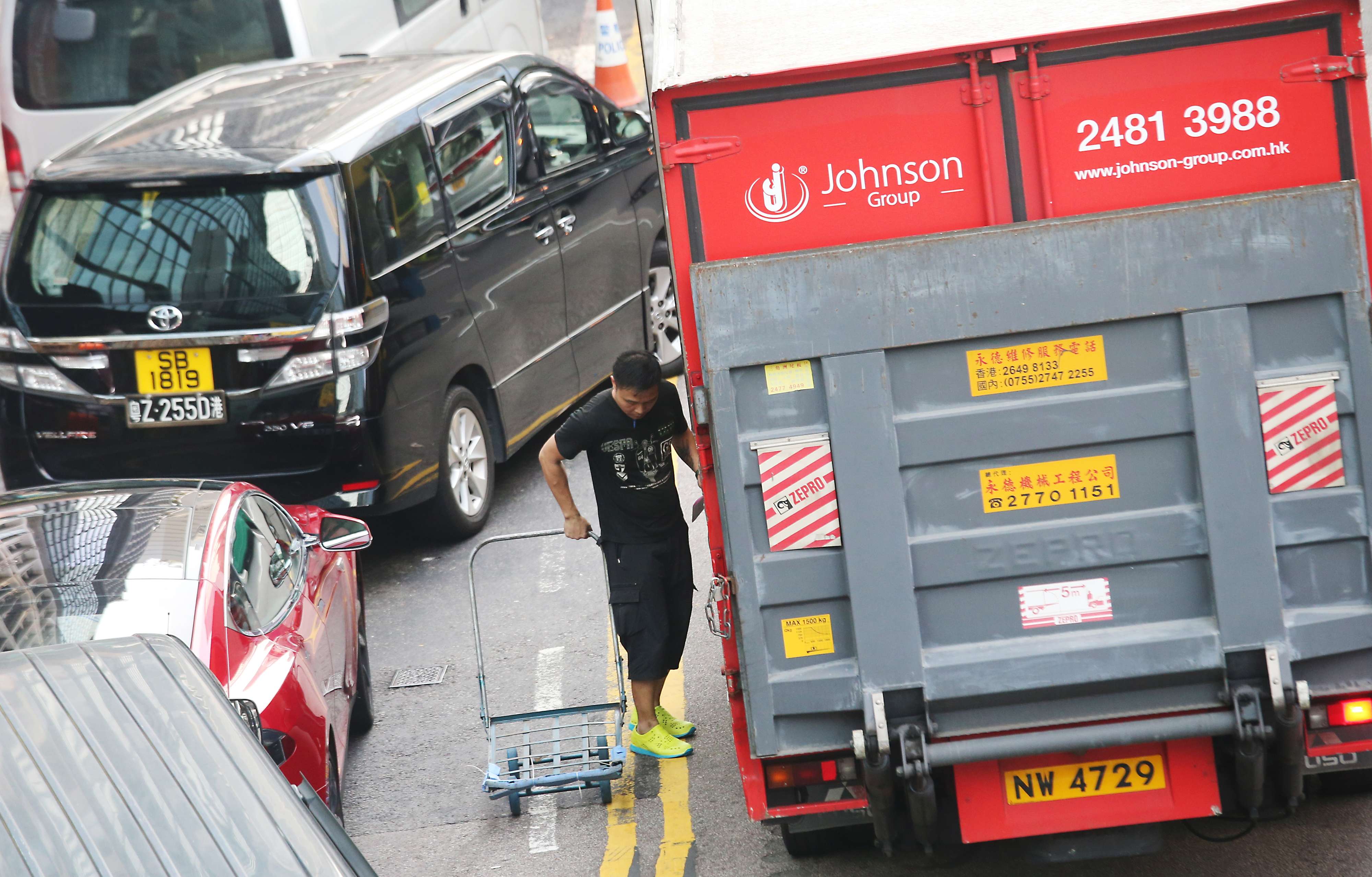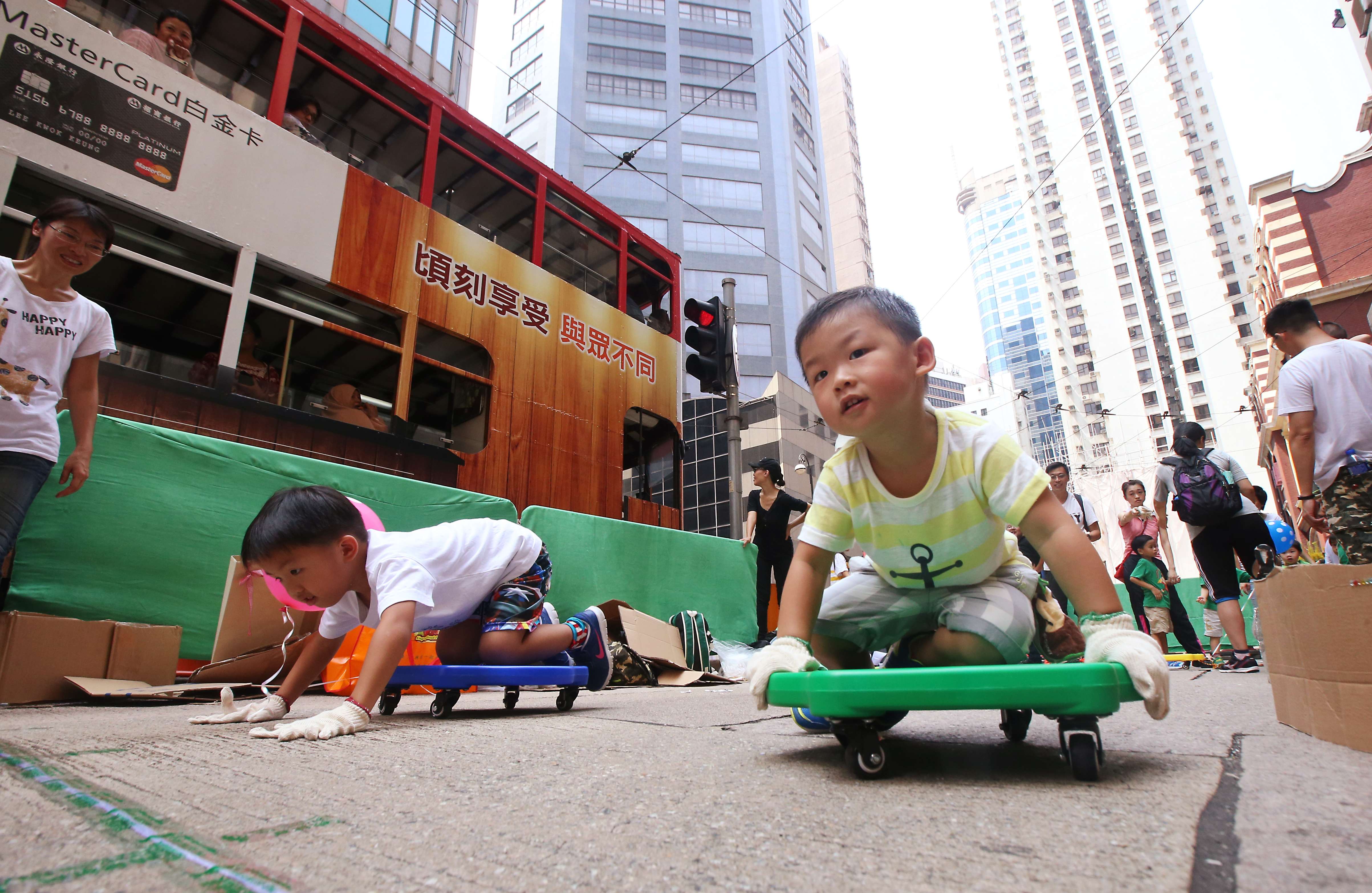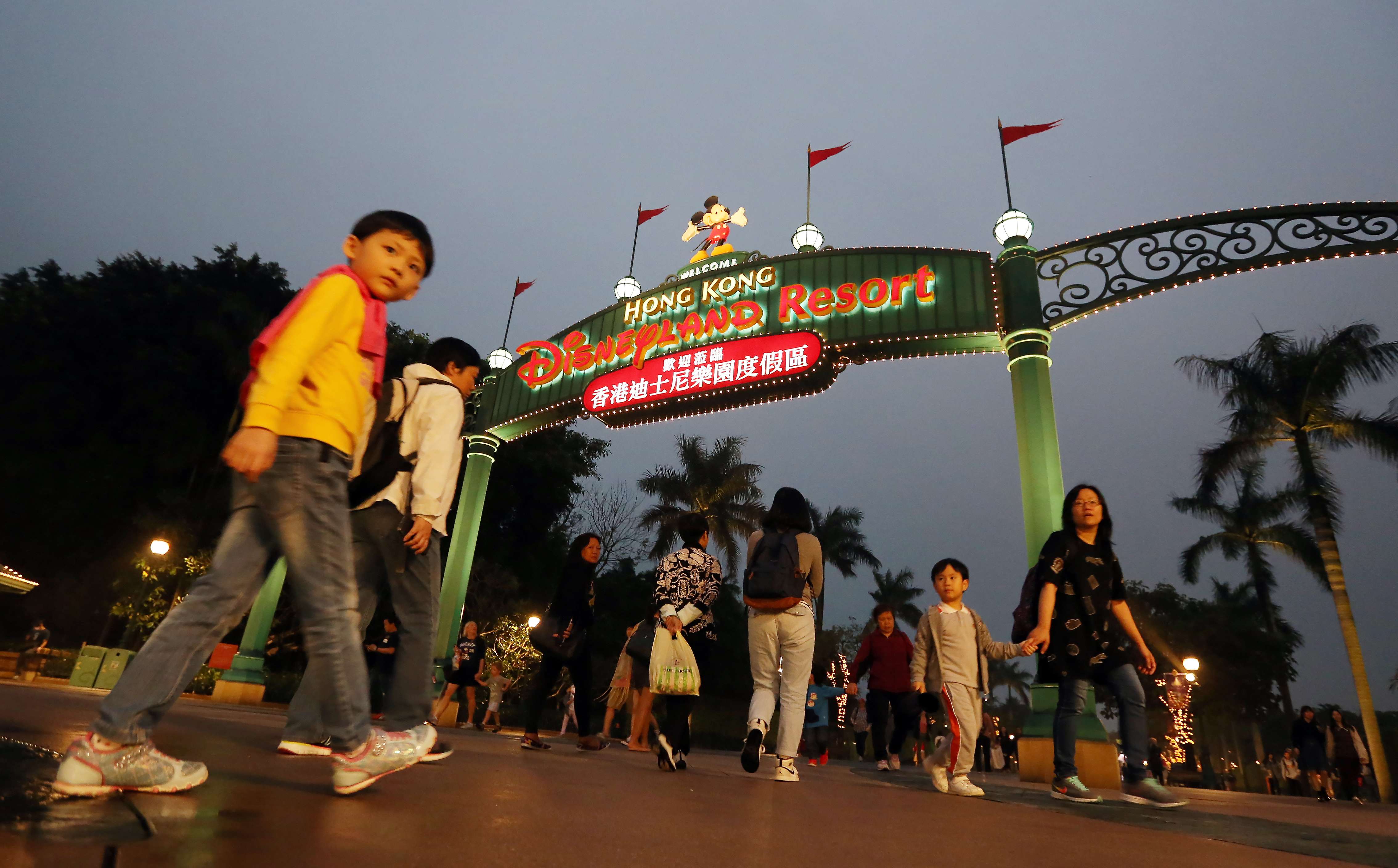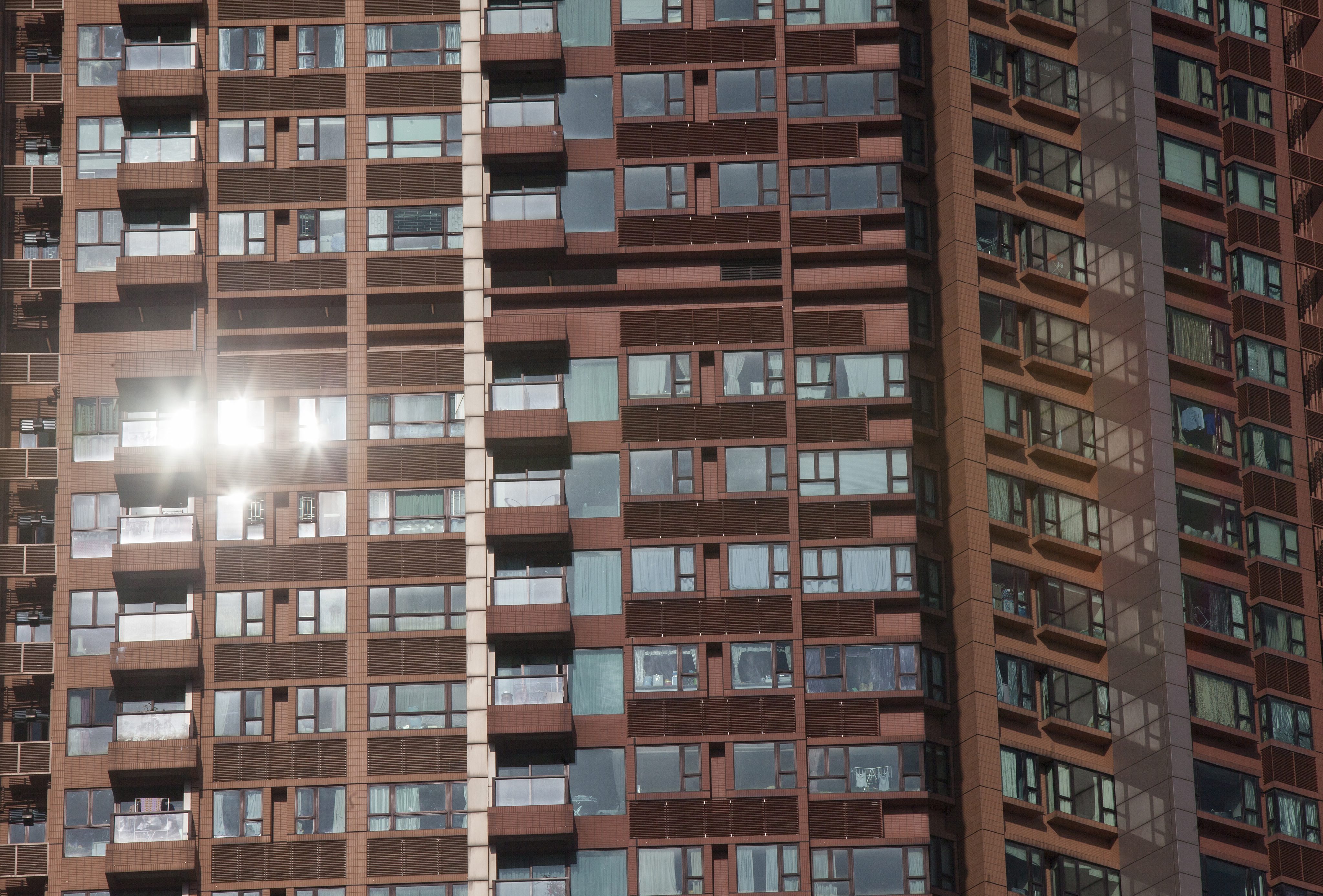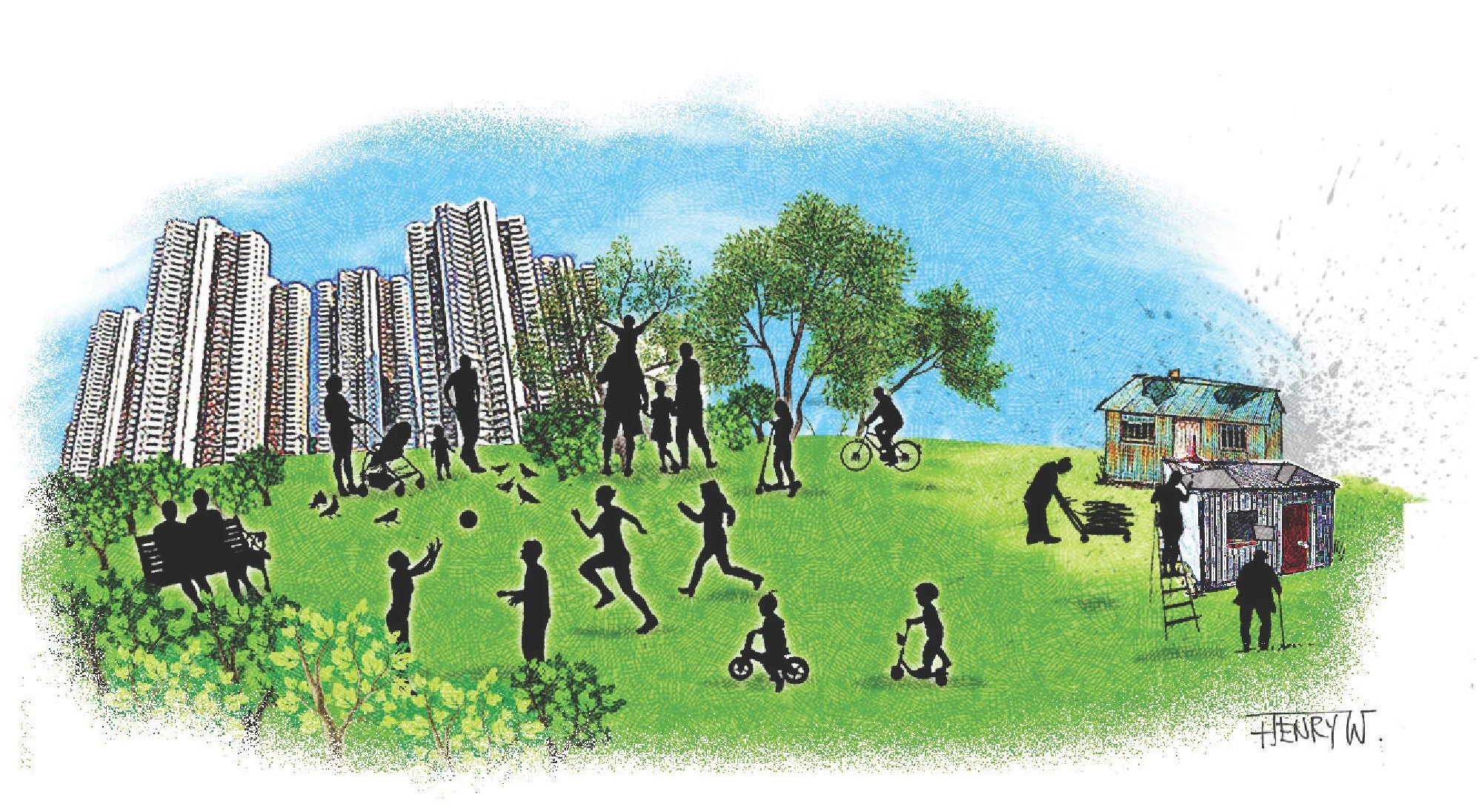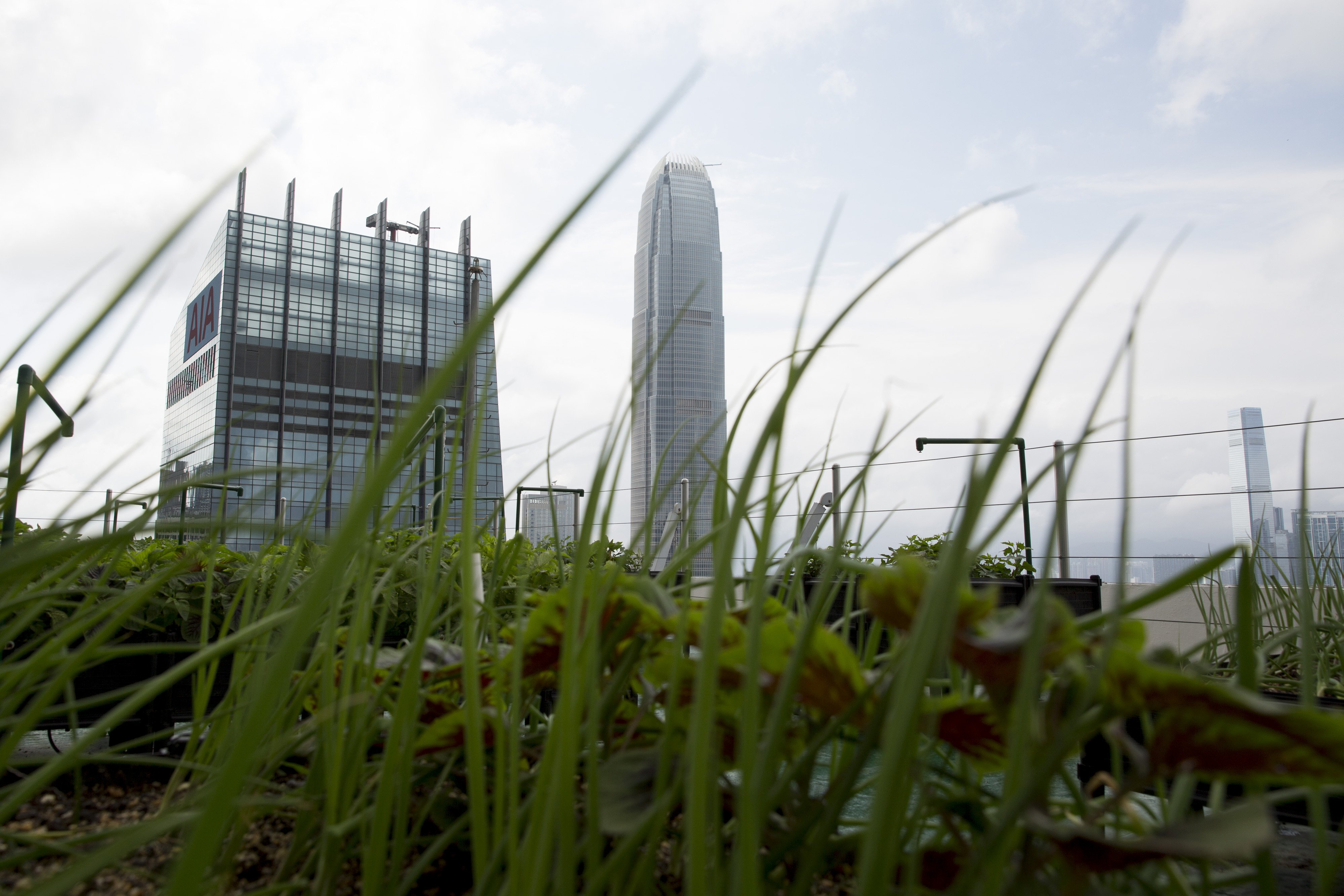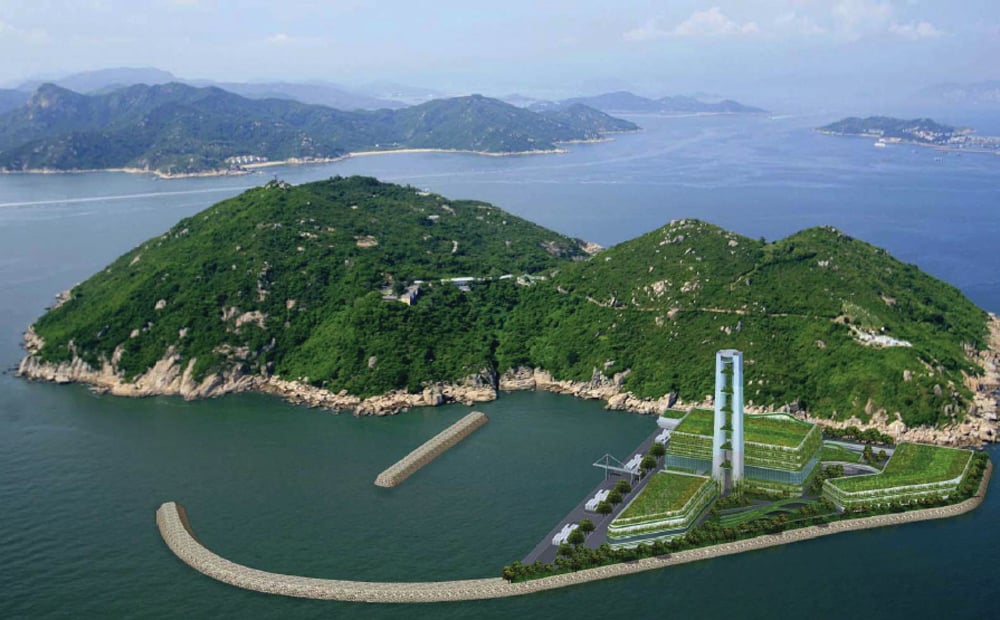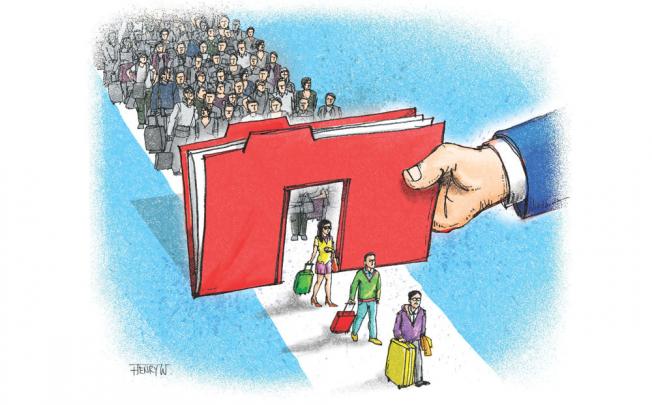
Changes in the population structure and attitudes to food, consumption and health have left our cityscape and hospitality sector looking old and tired. We need to accept what’s past is past, and embrace the new opportunities being presented to transform Hong Kong into an interesting and attractive place again.
One of the top questions with the Northern Metropolis is how the government will protect irreplaceable biodiversity assets while planning huge building works. Early indications are that hi-tech dreams will win out over the responsibilities Hong Kong has to protect biodiversity of global importance.
When time-varying tolls are introduced at the three cross-harbour tunnels, Hong Kong will have a form of congestion charging for the first time. The charging system could be extended to congested roads which are not tunnels, and free up road space for pedestrians and landscaping.
The problem is the bureaucratic process. The latest Legco proposals to change land laws and cut public involvement are largely unnecessary, undesirable and will save little time.
The Covid-19 epidemic has forced lifestyle changes, such as reductions in air travel and conspicuous consumption, that will benefit our planet. The Hong Kong government should take forward the ‘smart city’ changes people have been forced to adopt.
The board’s handling of a proposal by the city’s Anglican church to build a high-rise hospital building on a site in Central indicates that public bodies feel more empowered after the district council elections to act in an independent manner.
These ideas that were rejected or ignored deserve a rethink: phase out subdivided flats, change the way public housing eligibility is determined, review mortgage controls, revamp the land premium system, and consider providing a rental subsidy.
The civil service needs to listen, not only to the younger generation, but to everyone in Hong Kong who cares enough to march. Officials all too often ignore public input rather than taking notice of what people say they need in their neighbourhoods.
The administration fixated on pushing through the tunnel tolls plan, instead of discussing the environmental rationale behind congestion charging. Now it has lost that fight and seems to be getting cold feet over road pricing in Central.
The Central-Wan Chai Bypass can relieve traffic at the centre of Hong Kong, creating new opportunities to make the city more livable and enjoyable.
Tree replacement is a pressing issue in the aftermath of Typhoon Mangkhut. The government needs to rethink how to plant storm-resistant trees, and to overcome emotional public resistance to the idea of urban trees.
The top priority for addressing Hong Kong’s housing problems is enacting practical measures for those inadequately housed. If the task force on land supply ventures into schemes for increasing supply in the hope of bringing down prices, the results will be disappointing.
The government’s policy of buying back land in the New Territories, rather than allowing private owners to participate in the development of new towns, is contributing to the delay in freeing up land for housing.
Ian Brownlee says as Hong Kong throws away more and more plastic while recycling rates dip, it should look to gas plasma technology for a solution
This week is World Green Building Week, and it is observed in Hong Kong. The past approach to sustainable building design has largely focused on making buildings more energy efficient and reducing their carbon footprint.
There is no doubt that the previous administration did not put enough land up for sale. Housing supply dropped to a level that affected the affordability of homes in Hong Kong.
Well-researched community initiatives are placing a different pressure on the government to look at how to implement its waste management policy. Waste management is widely recognised as a community problem. Waste levels are excessive relative to other places and landfill sites are running out of capacity. Community objections to landfill expansion and the use of incinerators are problems inherited from the previous administration.
The development secretary opened a can of worms with his suggestion that residential development could take place in country parks. However, the more complex issue is what to do with the "enclaves" that are surrounded by country parks, but not included as part of them.

